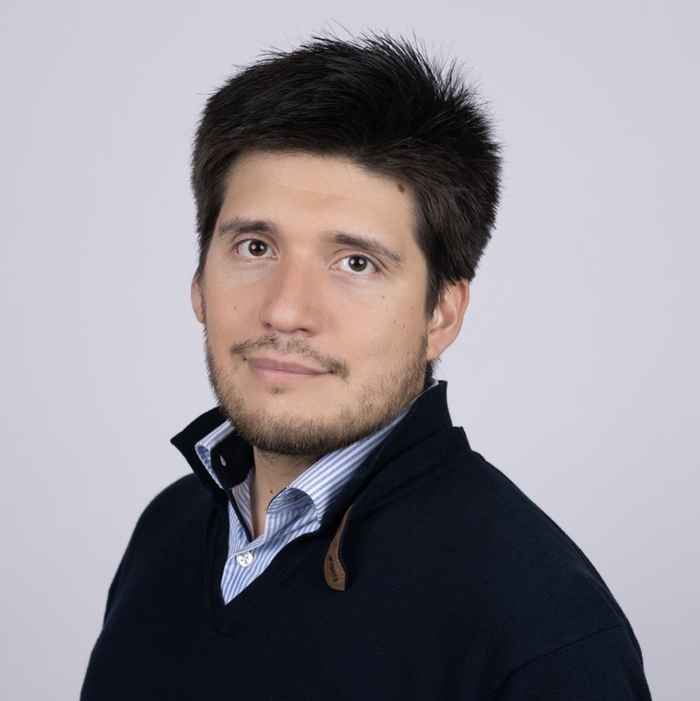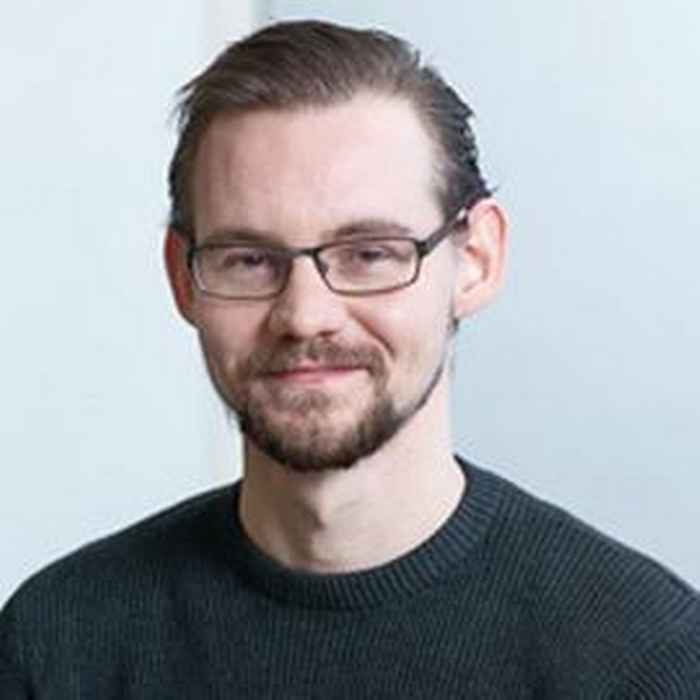Veni grants for John van de Wetering and Alberto Pérez de Alba Ortíz
18 July 2024

Alberto Pérez de Alba Ortíz
of the The Computational Science Lab (CSL) of the Informatics Insitute and the Computational Chemistry group of HIMS received a VENI grant for his research idea 'PLASTIC-JUNC: Predicting nanoPLASTIC risks to animal JUNCtional protein integrity'.
Nanoplastics are specks of plastic a million times smaller than a millimeter. Recently, researchers found nanoplastics in our food, organs and even in the placenta. Nanoplastic accumulation can lead to organ failure and reduced coordination and memory in different animals. Scientists do not yet understand how nanoplastics trespass the protective cell layer around our organs, the endothelium. Pérez will use computer simulations to discover how nanoplastics weaken key adhesive, i.e., junctional, proteins in the endothelium. Using artificial intelligence Pérez can obtain insights about these processes and identify the most damaging nanoplastics; providing valuable information for biomedicine and public health.

John van de Wetering
of the Theory of Computer Science group (TCS) received a VENI grant for his research idea 'A diagrammatic toolbox for quantum circuit simulation'.
Van de Wetering will use a language of diagrams, the ZX-calculus, to unify different approaches to simulating quantum computations, which will allow for larger simulations. He will then use the connection of quantum simulation to condensed-matter physics and logical-formula solving to find areas where these improved techniques will lead to better algorithms. In this way we bring these fields closer together.